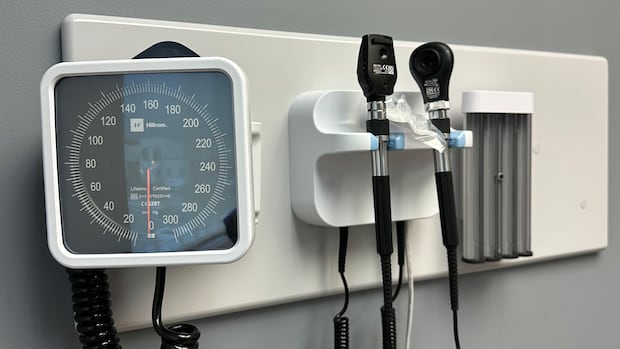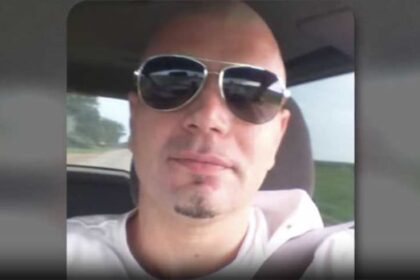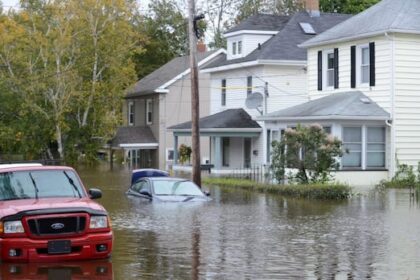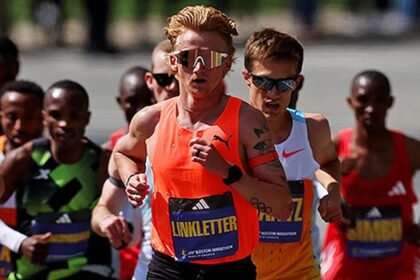TorontoOntario’s government is introducing new requirements that will see fewer residency spots for internationally trained doctors, even as it faces a doctors’ shortage.Province will require international medical graduates to have at least 2 years of high school in OntarioApproximately 2.5 million Ontarians were without a family doctor last June, according to INSPIRE-PHC, a health research network. (Mike Crawley/CBC)Ontario’s government is introducing new requirements that will see fewer residency spots for internationally trained doctors, even as it faces a doctors’ shortage. International medical graduates, from places like the U.K., Australia or the Caribbean, will now be required to have completed at least two years of high school education in Ontario if they hope to apply for the province’s first round of residency matching.Those looking to do their residency in Canada are required to apply through CaRMS — the national agency tasked with pairing doctors to residency programs — to be matched with a residency spot.But doctors across the province say the government’s decision is having “unintended” consequences. Toronto anesthesiologist Filipe Santos, who was internationally trained himself, said it’s important to have a physician workforce that reflects the general population.“You need Canadian-trained doctors and I’ll never say no to that,” he said. “But I do also think that we need immigrants. We need those international trade positions with very diverse backgrounds to care for our population.”Residency applications range wildly, depending on the specialization, province and educational background. Generally, international medical graduates will complete one or more tests as they prepare for the first round of matching. WATCH | In rural Ontario, residents endured bone-chilling temperatures to get a doctor:Hundreds wait in the snow to get a family doctor in rural Ontario More than 1,000 people lined up in the snow in Walkerton, Ont., on Wednesday to try to get a family doctor — but only the first 500 would be successful. That round has already started, which is frustrating for some applying for the residency spots, Ontario Medical Association president Zainab Abdurrahman told CBC Radio’s Metro Morning.“Having the rules change right when you’re trying to submit your documents, starting to get things in place, is really throwing them off,” she said. The first round will close on Nov. 27, CaRMS told CBC in an email statement.Before the new requirements, there were 1,200 available spots for international medical graduates at Ontario residency programs, Now, it’s just 170. ‘This is very discriminatory’ Santos said that’s simply not enough.“We feel like we have to overperform to be able to be in the same places and spaces as other physicians that are Canadian trained,” he said. “When you’re trying to get a license, you just feel like you’re never good enough.”In the email statement, CaRMS said Ontario is the only province with such eligibility criteria, but not the only one with dedicated application streams. Nova Scotia and New Brunswick, for example, have their own streams, through which internationally trained physicians can apply if they can prove they have a connection to the provinces.Ontario’s second round of matching includes the positions left over after the first round of matching. That round won’t require international medical graduates to have two years of high school in Ontario. But those applying for the second round will be in competition with Canadian trained doctors who didn’t place in the first round. “This is very discriminatory,” Santos said. “We basically are creating two types of citizens in our society: the citizens by birth and the Canadian citizens by immigration.”A spokesperson for Ontario’s Ministry of Health said the change in requirements aims to support residents educated within the province who also have international medical degrees.“Our government is not only ensuring local post-graduate training opportunities, we are also continuing to build our health care workforce to connect people in every corner of the province to convenient care,” Ema Popovic said in an email.Around 2.5 million Ontarians without a doctor: research networkAbdurrahman said she understands the province is trying to bring Ontarians back to the workforce. But she highlighted doctors who sign up to do their training in the province also have to sign a legally binding contract that means they’re required to practice in Ontario for at least five years.“Once you’ve settled down, you’re practicing, maybe built a family, you often stay in that same area,” she said.Prior to the new requirements, the number of available spots for international medical graduates at Ontario residency programs was 1,200. Now, it’s just 170. (Mark Quinn/CBC)Abdurrahman said the Ontario Medical Association has been in talks with the province about the changes because they could mean fewer applicants.“Unfortunately, this type of approach is also having a lot of unintended consequences,” she said. “I think we might be going against what we’ve worked so hard to improve.” CaRMS said it wouldn’t know the impact of the change until the end of the first round of matching. However, the province is already in desperate need of doctors. Approximately 2.5 million Ontarians were without a family doctor last June, according to INSPIRE-PHC, a health research network. “Reducing who is in that pool to apply for those spots could actually leave us with a lot of unmatched spots in our system, which we don’t want,” Abdurrahman said. The OMA’s section of general and family practice chair, David Barber, said in an email statement that he thought he had read the new requirements wrong when he first saw them.“We are in desperate need for more family doctors in Ontario. If a new doctor has completed medical school, I cannot imagine why we would prevent them from starting residency based on where they went to high school,” he said. “We should be opening doors, not closing them.”ABOUT THE AUTHORGabriela Silva Ponte has been with CBC Toronto Local News since January 2025, at first in an internship capacity and afterwards as an Editorial Assistant. Previously, she worked in Portuguese media, CBC Dragons’ Den and her university’s school newspaper and radio station. She graduated from Toronto Metropolitan University with a Bachelor of Journalism and minors in Criminology and Politics. You can reach her at gabriela.silva.ponte@cbc.ca.With files from Arrthy Thayaparan
Wednesday, 4 Mar 2026
Canada – The Illusion
Search
Have an existing account?
Sign In
© 2022 Foxiz News Network. Ruby Design Company. All Rights Reserved.
You May also Like
- More News:
- history
- Standing Bear Network
- John Gonzalez
- ᐊᔭᐦᑊ ayahp — It happened
- Creation
- Beneath the Water
- Olympic gold medal
- Jim Thorpe
- type O blood
- the bringer of life
- Raven
- Wás’agi
- NoiseCat
- 'Sugarcane'
- The rivers still sing
- ᑲᓂᐸᐏᐟ ᒪᐢᑿ
- ᐅᑳᐤ okâw — We remember
- ᐊᓂᓈᐯᐃᐧᐣ aninâpêwin — Truth
- This is what it means to be human.
- Nokoma











